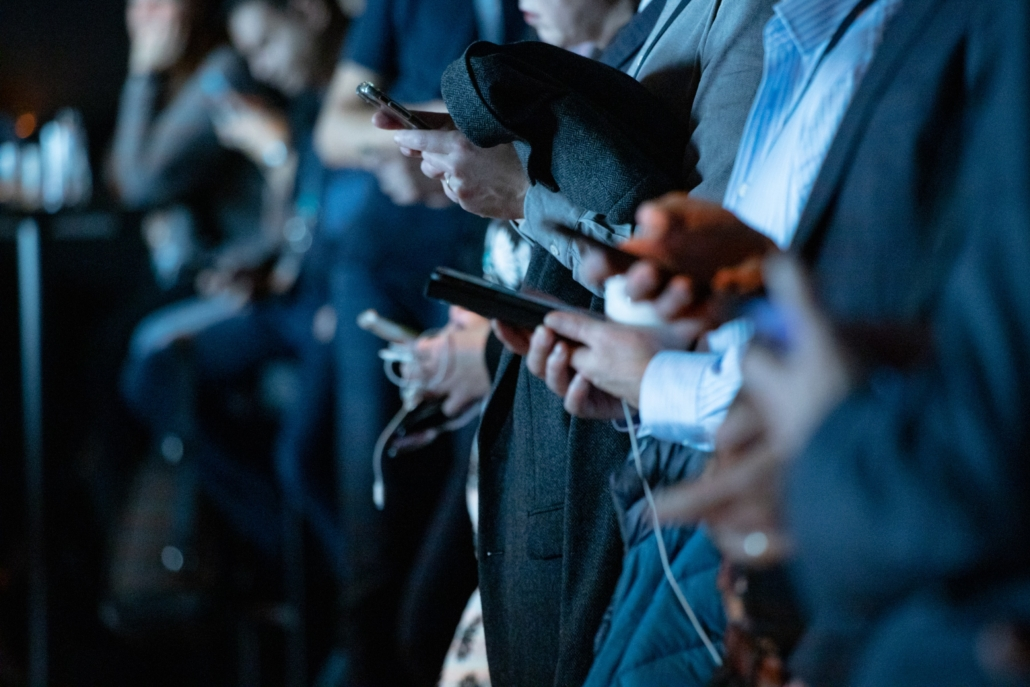Deep social rifts – the negative impact of social media on society
Something is wrong with the social networks we’re using today.
The news has been dominated in recent weeks by moves from the big platforms that have made us all question their role in facilitating constructive exchange of opinions and ideas in society. Facebook and Twitter banned President Donald Trump in the wake of civil unrest in Washington. A confusing message regarding WhatsApp’s privacy policy saw millions of users switching to rivals for fear of having their data shared. It resulted in the messaging app backtracking on that change attempt.
The fact of the matter is that people feel uncomfortable with the far-reaching impact of social media platforms on society. Regardless of whether you agree with censorship, or see the necessity in data-sharing, the question remains – why do we feel so uneasy?
The damaging impact of the social media advertising model
Social media platforms know everything about us with terrifying precision (for those who haven’t seen the Social Dilemma, what are you waiting for?!). These companies can share the intelligence they gather on users with advertisers who want to target their perfect customers. While this segmentation has its purpose (and has revolutionized the world of sales and marketing), it’s a massive use of resources. These algorithms are not used to benefit the individual using those services but rather the platforms' business and their clients, the advertisers. It’s also created a very ugly and unwanted byproduct: deep polarization.
Huge cracks are forming in society. It’s plain to see everywhere, not just in US politics. Covid-19 alone has thrown up many points of contention: vaxxers/anti-vaxxers, mask/no masks, lockdown/herd-immunity, for example. And the impact of social media is speeding along this ‘you’re either with us or against us, there’s no in between’ attitude. For all the benefits we’ve gained from the rise of social media platforms, we’ve lost some quite crucial things: the art of discourse, empathy and understanding. We’ve lost what makes us human.
What can be done about this? Our lives are so entwined with these social media behemoths that it’s hard to see how to break away. But perhaps it’s not a question of breaking away and more a case of putting humanness back in the mix.
It is difficult, if not impossible, to expect today's platforms to change their business models to serve their customers, the users of the content on their platforms. Nevertheless, there’s a need for more inclusivity and focus on the collective experience and understanding.
Platforms that are truly customer-driven encourage meaningful debate, where members respect each other’s perspectives, will stand out in a world where pontification is rewarded by ‘likes’ (which gives no context and in itself is problematic, but that’s a topic for another day). By encouraging discussion, our differences become just as valid as our similarities, and we can begin to understand each other and ourselves.
Sucks for the advertisers though, right? After all, they’ve built sales pipelines on the data available from social media platforms. Well, actually, no.
Now is the time for change
Businesses are moving towards human-centricity (read my blog from WebSummit to see why some of the biggest names put humanness in their strategy's heart). They want to understand their customers beyond the readily available demographics through social advertising. They want to know the human beings behind the buying decision. By understanding the real problems they face and their true desires and concerns, businesses can offer solutions that have a better impact on society as a whole.
We’ve hit a crunch moment. We have a chance to change humanity's direction, away from the hostile and deeply divided world and towards something that offers comprehensive understanding. It’s time to fix social media's negative impact on society. Let’s seize the opportunity—individually and collectively. Let’s make sense of humanity together.

